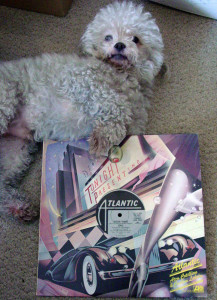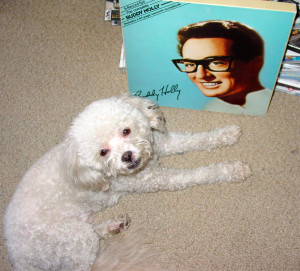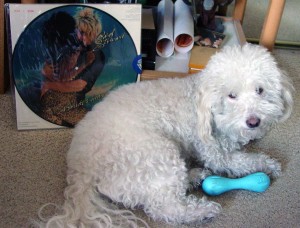
I want to go back to 1984. Not the year. The party.
In 1993 I spent Friday nights at Crowbar, a tiny venue at 339 E. 10th Street in New York City. The weekly party was called 1984. Admission was $3. The music was new wave and pop, primarily from the 80s. Crowbar was about the size of my studio apartment, but that didn’t stop the proprietors from squeezing in a couple hundred folks who wanted to dance to Madonna and New Order and Culture Club.
Because the place was jam-packed, dancing consisted of nodding your head. There was no room to move your legs or arms. There was no air circulation, so one worked up a sweat just standing still. It was great fun, getting lost in the music. Even songs I don’t like were fun at Crowbar. When they played the rare song I couldn’t get into, I would think “If there’s a fire, we’re all going to die. There’s no way for most of us to get out.” Good thing I liked most of the songs!
Mayor Giuliani had the same thought. Not about how great Pet Shop Boys are, but that the place was a fire hazard. He had Crowbar shut down. The party didn’t stop, though. 1984 moved to the more spacious Pyramid Club on Avenue A and was just as much fun, maybe even more so being now one can actually move to the music.
One band that got a lot of play at the party was Erasure. The duo’s singer, Andy Bell, was one of the very few openly gay pop stars in the eighties. 1984 was a gay party (though non-gays were welcome), and the guys who went to Crowbar and then The Pyramid on Friday nights hailed Andy as one of their heroes, in an era when few celebrities were out.
Erasure had two crossover hits in the US. The first was “Chains of Love.” To the general public it was a catchy ditty. To the gay population it was an anthem. In an era when many media outlets portrayed gay and AIDS as automatically connected, fear was rampant. Bell advised listeners to not let who you love shackle you into holding back your love, your compassion, your pursuit of happiness. “Come to me, cover me, hold me. Together we’ll break these chains of love. Don’t give up.” The joy in that club when that song played, hands in the air and patrons singing along, is something I miss.
Andy Bell turns 50 today. Our Friday dance playlist is in honor of him and everyone who made 1984 the party so special.



